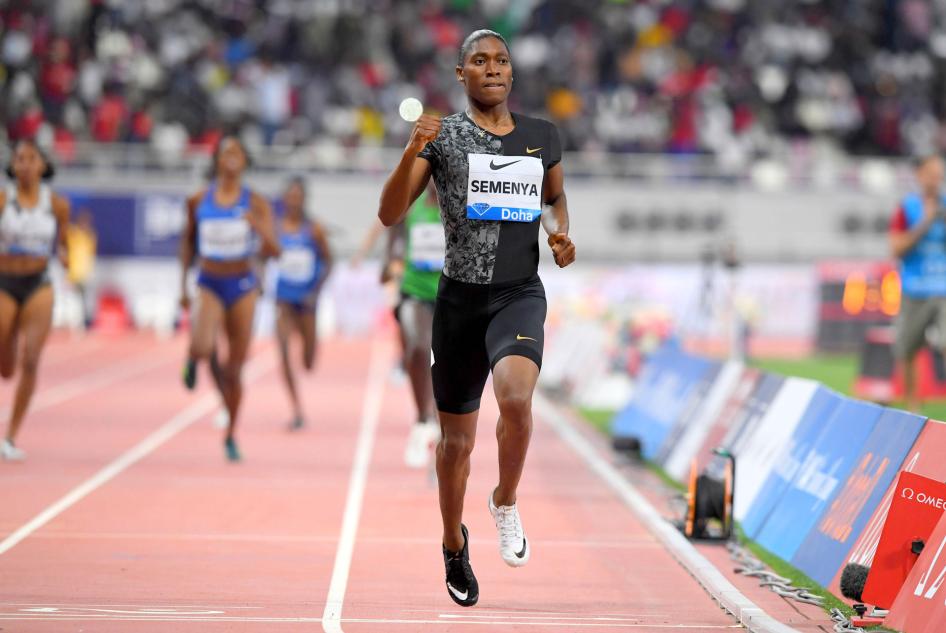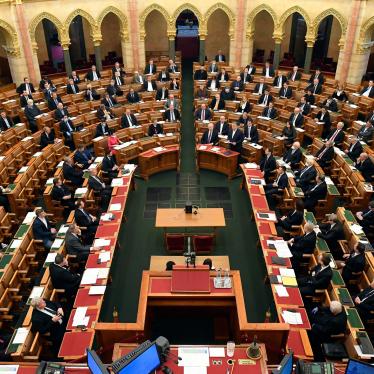In a report published this week, the Office of the United Nations High Commissioner for Human Rights recommends that eligibility regulations for women athletes like those enforced by World Athletics, track and field’s global governing body, be revoked immediately.
The regulations target women athletes with some variations in their sex characteristics that cause their natural testosterone levels to be higher than typical. The regulations deny these women the right to participate as women for running events between 400 meters and 1 mile unless they submit to invasive testing and medically unnecessary procedures. There is no clear scientific consensus that women with naturally occurring higher-than-typical testosterone have a performance advantage in athletics. There are no similar regulations for men.
These regulations rose to prominence as a result of the decade-long controversy surrounding South African runner Caster Semenya, who lost her appeal for equal treatment in the Court of Arbitration for Sport last year. Semenya’s case came in the wake of another groundbreaking fight against gender discrimination in sports by courageous Indian sprinter, Dutee Chand. Runners in Kenya, Burundi, and Uganda have also been negatively affected by the regulations.
The UN’s report roundly criticizes the regulations, saying they “create the risk of unethical medical practice” by blurring the line between informed consent and coercion and encouraging medically unnecessary procedures (a critique the World Medical Association issued previously). The report also points to the power imbalances between the doctors affiliated with sporting bodies and athletes, saying: “in sport, such power imbalances are compounded by athletes’ dependency on the sports federations requiring such medical interventions and the frequent absence of adequate and holistic support during the decision-making process.”
These regulations are stigmatizing, stereotyping, and discriminatory, and have no place in sport or society. They amount to a policing of women’s bodies on the basis of arbitrary definitions of femininity and racial stereotypes.
The report authors call on sporting bodies such as World Athletics and the International Olympic Committee (IOC) to carry out “in conjunction with athletes, public education campaigns to counter gender-stereotyped and racist attitudes to address negative and stereotypical portrayals of women and girl athletes in the media, including attitudes about appropriate norms of femininity.”
Indeed, as the convener of global sport, the IOC should lead in upholding human rights.










